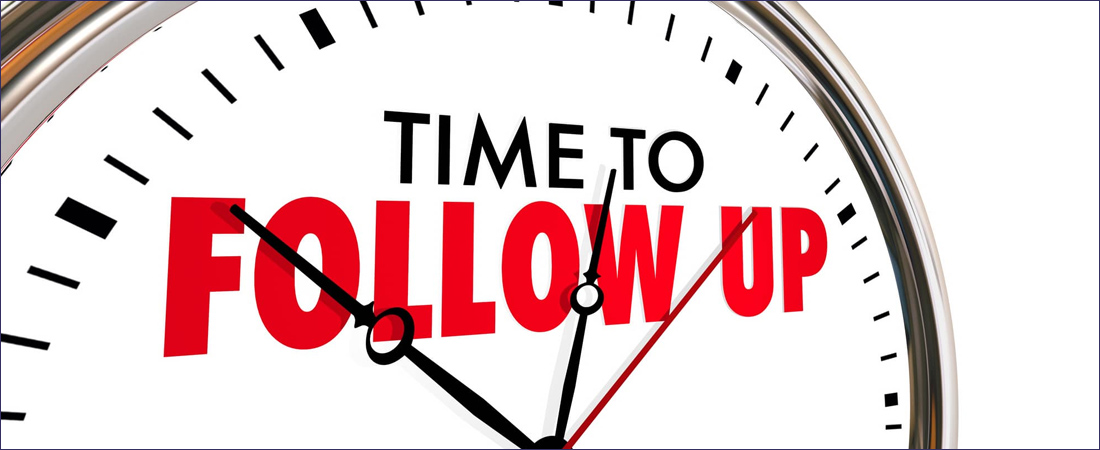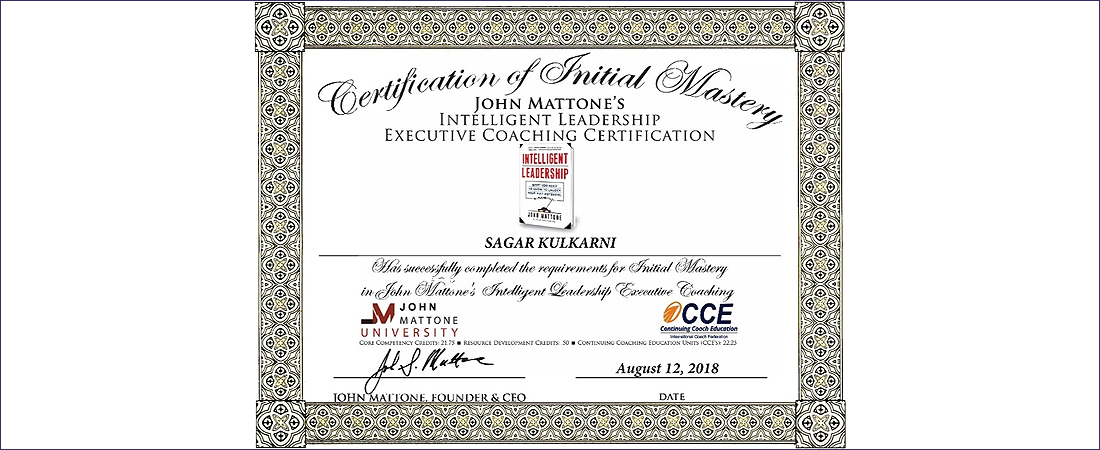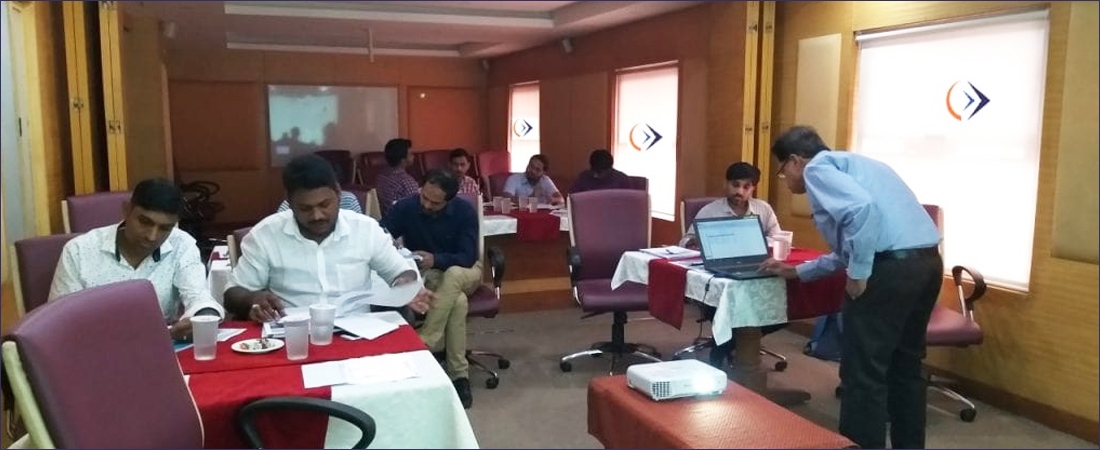18 Jun Follow up , Follow up …Meetings
Follow up …Follow up and Meetings
Over the last 3 decades, as per global survey, the time spend by everybody in the organization for follow up meetings has increased to 23 hours per week, from 10 hours per week. Sounds crazy, but if you sum up your meeting times, you might end up with similar numbers.
During mentoring sessions with the clients, when I ask them to calculate, the no. of hours spent in meetings on the subjects like, Improvements, creativity, innovation VS follow-up, review, heads up, as subjects and most of them come with similar figures to what is reflecting globally …30% (looks exaggerated )is spend on topics like improvements and innovations and 70% or more is spent on follow up, review, heads types topics.
One of the largest conglomerate could find that if they optimize their meetings time globally, they could reduce around 15% of their manpower or they can avoid new recruitment by 15%.
When Harvard surveyed 182 senior managers in a range of industries at different times: 65% said meetings keep them away from completing their own work, 71% said meetings are unproductive and inefficient, 64% said meetings come at the expense of deep thinking, 62% said meetings miss opportunities to bring the team closer together.
The basic reason why meetings happen on” follow up” topics, is a lack of trust from the manager’s side and lack of ownership from team members, but still, there are several aspects attached to it as follows
1) Unclear/unplanned delegation of tasks from managers
2) Lack of planning for the future, resulting in war room meetings (I feel surprised to see, some of the organizations have permanently created meeting rooms, by the name “War Room”, as if they have principally accepted that, they will never come out of war like situation (chaotic).
3) Lack of ownership by team members …” I will do only when I am being followed up”, this approach by team members forces managers to take close follow-up thru meetings.
4) Unclear KRAs, the law of the Theory of constraints says that “I will be behaving the way you will measure me “, so it’s important for managers to clearly define the measurables.
5) Lack of “time management “from both managers and team members: Everybody has 8-9 hours every day and if you don’t know how to effectively use those, you are likely to miss many tasks and you are likely to spend hours n hours in explaining that in meetings.
6) Micromanagement: Many of the managers either don’t trust their team members or they do not know what to do with their time or they themselves have performance issues; they keep inviting many meetings for conducting even micro-level task reviews.
7)Most of the management does not see Follow up, as a problem.
What’s the solution?
There is no straight answer, but there are multiple actions that on need to take with consistency
I generally ask managers or even entrepreneurs to follow some basic rules to reduce the follow-up and follow-up meetings
1) Be cautious while selecting new employees, apart from technical skills, look for self-motivated talent …it will pay off in long run.
2) Ensure proper training on your organizational technologies, culture, and functions, even if the candidate has rich experience.
3) Create a very clear organization, defining who is ACCOUNTABLE for what. This will avoid meetings and follow up in those cases, where the time is spent just figuring out “who was supposed to do it”.
4) Enforce time management as a culture irrespective of position or function.
5) Keep a close watch on those team members, who need “follow up” …just to remind them of their tasks. These are the weakest links in the organization, either elevate those or eliminate those.
6) Keep watch on those managers, who try to do “micro-management “out of their own weaknesses/insecurities and waste the time of team members in the meetings …elevate or eliminate them.
7) Develop a culture at TOP, where Follow up should be seen as a criminal act and Ownership should be nourished, rewarded, and appreciated.
Though this looks like a completely corporate topic, if we implement this in our personal life, it will definitely positively impact our relationships too….







